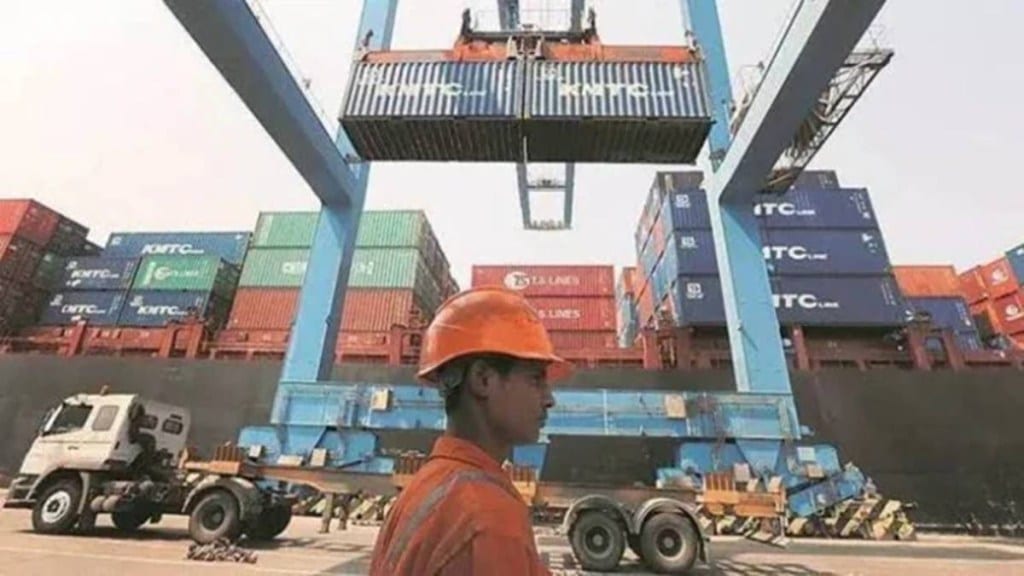The dedicated freight corridors (DFC) have reduced India’s logistics cost from 14% to 8-9% of GDP, claimed Dedicated Freight Corridor Corporation of India (DFCCIL) in a statement. The company said that this reduction is not just an economic achievement but a national mission to strengthen India’s industrial competitiveness and self-reliance.
“India’s logistics cost is estimated at around Rs 24 lakh crore. The dedicated freight corridors are driving India’s economic growth by enabling an affordable, efficient and environmentally sustainable transport system,” the statement said.
A September report by DPIIT-NCAER showed that railways is the cheapest mode of goods transport among major transportation systems in the country. At an average cost of Rs 1.96 per km, it is cheaper than road (Rs 3.78), waterways (Rs 2.3) and air (Rs 72).
A DFCCIL official said that the cost is likely to further go down as the last critical section of the Western DFC — between Vaitarna and JNPT (Jawaharlal Nehru Port) — is almost ready for completion. On October 29, DFCCIL conducted a trial run of a goods train between Vaitarna and Kharbao station, a distance of about 37 kilometres. With this, the DFCCIL will have about 67 kms of final stretch left to be completed on WDFC. “Within the next two months, we will commission the remaining section, marking a completion of the project which started nearly 20 years ago,” the official said.
Today, around 96.4% of the total 2,843 km DFC network is commissioned wherein the eastern DFC (1,337 km) is fully commissioned, while the WDFC (1,506 km) is 93.2% completed.
The commissioning of WDFC will result in more goods traffic, particular containers, shifting from the road and Indian Railways’ networks to DFCCIL. At the moment, DFCCIL operates around 386 trains per day. Once the connectivity JNPT is enabled, this is likely to increase to 430-440 trains. Further, it is expected that the average speed of rakes will also go up from about 50-60 kmph to 75 kmph.
During FY25, gross tonne kilometre (GTKM) reached over 2,002 billion, while the net tonne kilometre (NTKM) stood at 115 billion, indicating continuous improvement in network productivity. With that kind of freight movement, the DFCCIL handles over 13.4% of India’s total railway freight traffic despite operating just 4% of the overall rail network.

